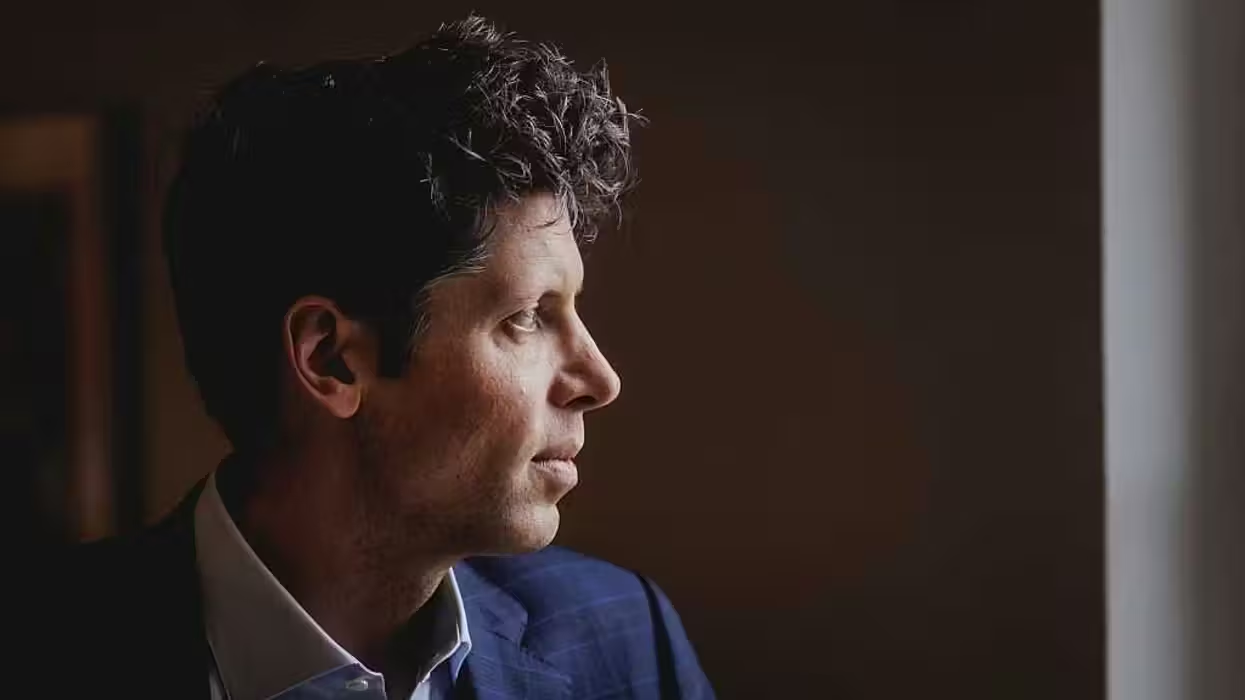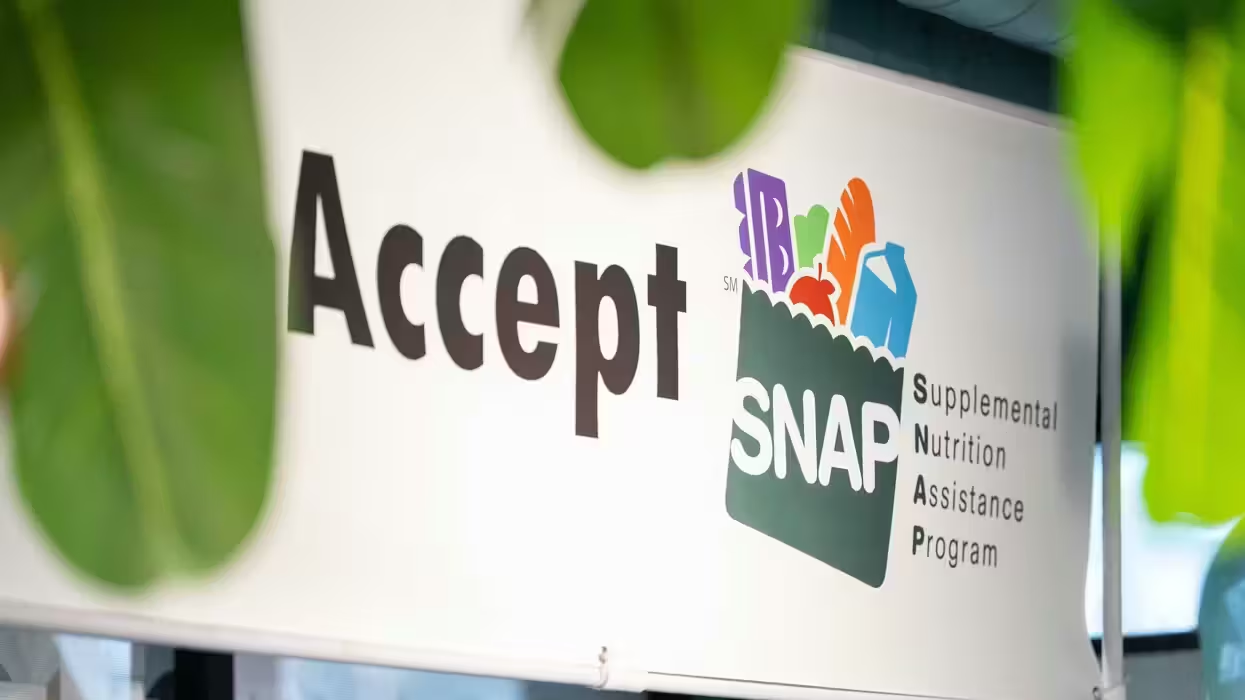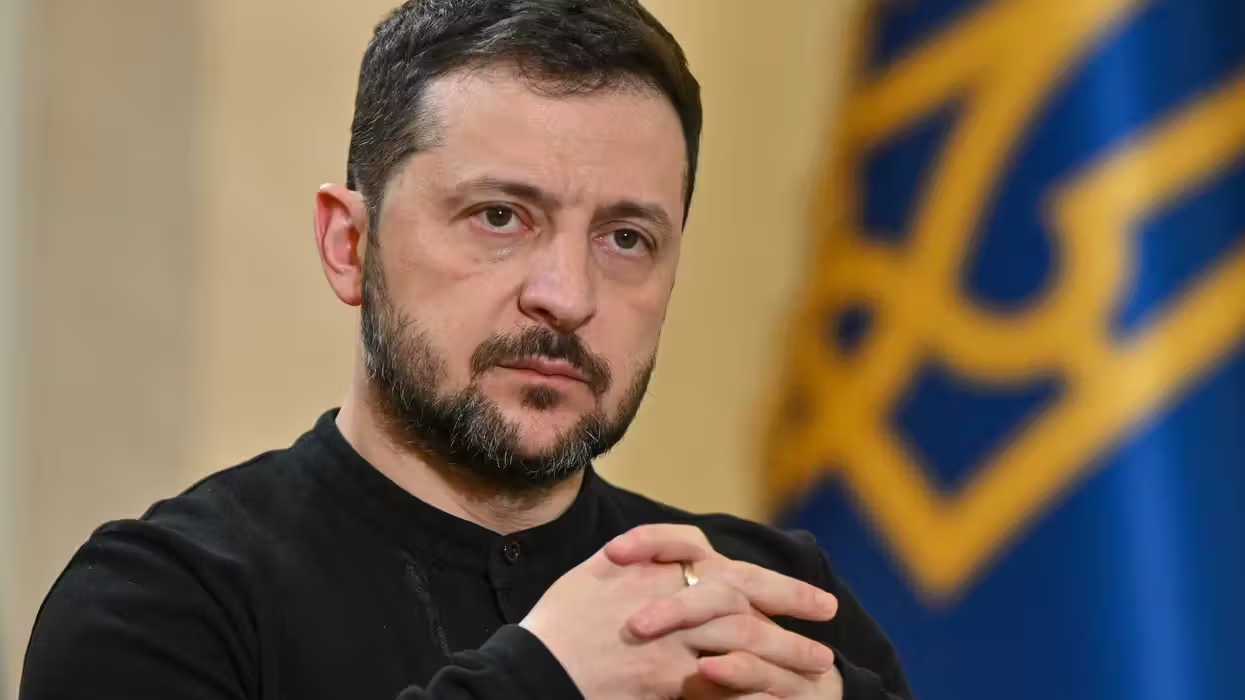
© 2025 Blaze Media LLC. All rights reserved.
"We are allies in the fight against violent extremist networks."
NEW DELHI (The Blaze/AP) -- Just days after a violent terror attack, U.S. Secretary of State Hillary Rodham Clinton on Tuesday pledged robust counterterrorism cooperation with India while assuring Indian officials that the Obama administration won't ease pressure on Pakistan to combat extremists or allow the Taliban to regain power in Afghanistan with a precipitous withdrawal of American troops.
While hailing improved U.S.-Indian ties, Clinton also called on New Delhi to ease trade restrictions keeping American firms out of India's massive market and urged the government to quickly resolve a dispute over investments in the nuclear energy.
But her meetings with top Indian officials focused largely on fighting terror, improving ties between nuclear-armed rivals India and Pakistan and the withdrawal of U.S. troops from Afghanistan. Her second visit to India as America's top diplomat came less than a week after a triple bombing killed 20 people in India's financial capital of Mumbai, the country's worst terror strike since Pakistan-based gunmen rampaged through the city in 2008.
S.M. Krishna, India's foreign minister, expressed concerns that the planned U.S. troop withdrawal from Afghanistan that began this month could lead to a resurgence in Islamic extremism.
"It is in the larger interests of the region that it is necessary for the United States to work very closely with (Afghan) President (Hamid) Karzai and the government of Afghanistan and thereby create conditions where terrorists do not take any more advantage in Afghanistan," Krishna told a joint news conference after 2 1/2 hours of talks with Clinton.
Clinton said she had outlined the drawdown strategy and stressed that the United States will not support Afghan reconciliation with insurgents unless it is inclusive and protects the rights of minority groups, religions and women.
Clinton also assured India of U.S. support in the fight against terror.
"We are allies in the fight against violent extremist networks. And homeland security is a high priority and a source of increasing partnership," Clinton said.
While the U.S. and India have already signed agreements to cooperate in counterterrorism efforts, "the events in Mumbai have driven home how important it is that we get results," she said.
Though India has not blamed Pakistan for last week's attack, it has accused its neighbor of harboring violent extremist groups responsible for other attacks in India and of not doing enough to crack down on those responsible for the 2008 Mumbai siege.
For its part, U.S. officials fear Pakistan is not fully committed to combatting radical plots, such as the Mumbai attacks and the failed 2010 Times Square bombing in New York.
"In the aftermath of the attacks of 2008 in Mumbai, we made it very clear that there was an absolute international responsibility to cooperate to bring the perpetrators to justice. We have made that equally forcefully clear to Pakistan that it has a special obligation to do so transparently, fully and urgently," she said. "We have made it clear to the Pakistani government that confronting violent extremists of all sorts is in its interest."
India recently resumed peace talks with Pakistan that broke off following the 2008 Mumbai siege, and the two countries' foreign ministers are expected to meet next week.
The U.S. is eager for the fragile talks to pick up steam, in part to allow Pakistan to focus its forces on the chaotic Afghan border.
"We are encouraged by the dialogue between India and Pakistan," Clinton said, calling talks "the most promising approach" to build more confidence between them.
During the meeting Tuesday, Clinton and Krishna agreed to strengthen their countries' ties in energy, security, education, the economy, science and promoting stability across the region. The two countries also signed an agreement promoting closer cooperation in cybersecurity.
Once frosty relations between India and the United States have warmed considerably in recent years as Washington has looked to India as stable ally in the turbulent South Asia region and its growing economy as a valuable market for U.S. goods.
Despite improvements, Clinton said more needed to be done to fulfill the potential for commercial relations.
"Each of our countries can do more to reduce barriers, open our markets, and find new opportunities for economic partnership," Clinton said. "Taking these steps is in our mutual interest. We can improve millions of lives and increase both of our nations' economic competitiveness."
She called for a quick resolution to a dispute over nuclear energy investments, urging India to ratify by the end of the year the Convention on Supplementary Compensation for Nuclear Damage and to adapt its liability laws to conform with the treaty.
The U.S. views India's new nuclear liability law as too stringent on nuclear plant suppliers, making it difficult for private U.S. companies like General Electric and Westinghouse to compete against state-owned companies in India's multibillion dollar nuclear reactor market.
Boosting other business ties were also on the agenda.
Many Western officials have looked to India's rising economy and its 1.2 billion people as a coveted market to help stimulate growth in their own troubled economies.
Clinton praised India's fight against piracy, and pushed for greater sales of U.S. arms to India - the world's largest arms importer - as a way of deepening security cooperation between the two nations.
U.S. officials were annoyed earlier this year when Indian officials chose two European companies as finalists for an $11 billion order for 126 fighter jets. However, last month India signed an agreement to buy 10 Boeing C-17 cargo and troop-carrying aircraft for more than $4 billion.
From New Delhi, Clinton on Wednesday will move on to the southeastern port of Chennai, where she plans to deliver a speech on the importance of U.S.-Indian relations, the benefits of enhanced bilateral commercial ties and India's role in South Asia and the greater Asia-Pacific region.
Want to leave a tip?
We answer to you. Help keep our content free of advertisers and big tech censorship by leaving a tip today.
Want to join the conversation?
Already a subscriber?
Billy Hallowell is a digital TV host and interviewer for Faithwire and CBN News and the co-host of CBN’s "Quick Start Podcast."
Billy Hallowell
Billy Hallowell is a digital TV host and interviewer for Faithwire and CBN News and the co-host of CBN’s "Quick Start Podcast."
more stories
Sign up for the Blaze newsletter
By signing up, you agree to our Privacy Policy and Terms of Use, and agree to receive content that may sometimes include advertisements. You may opt out at any time.
Related Content
© 2025 Blaze Media LLC. All rights reserved.
Get the stories that matter most delivered directly to your inbox.
By signing up, you agree to our Privacy Policy and Terms of Use, and agree to receive content that may sometimes include advertisements. You may opt out at any time.





